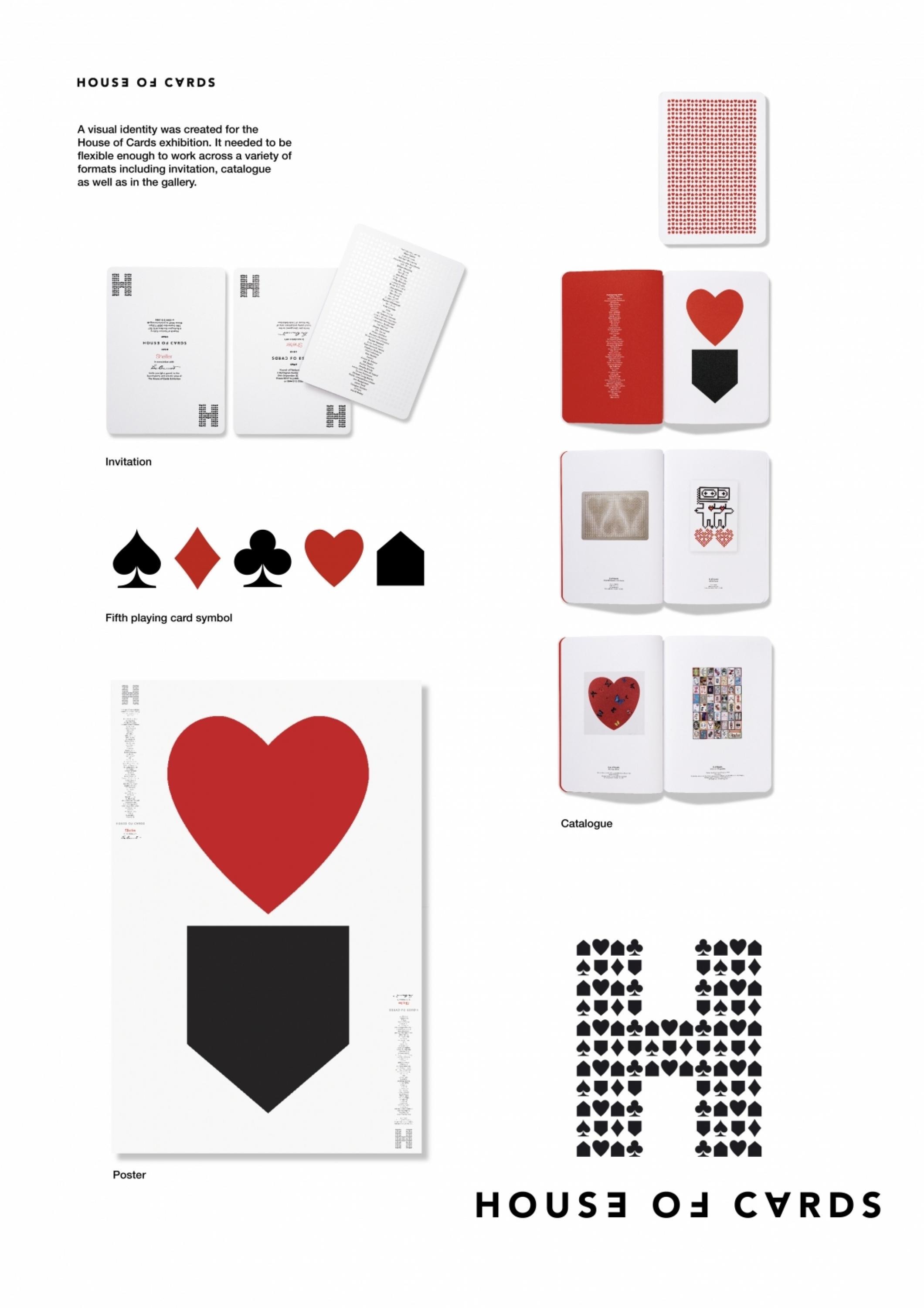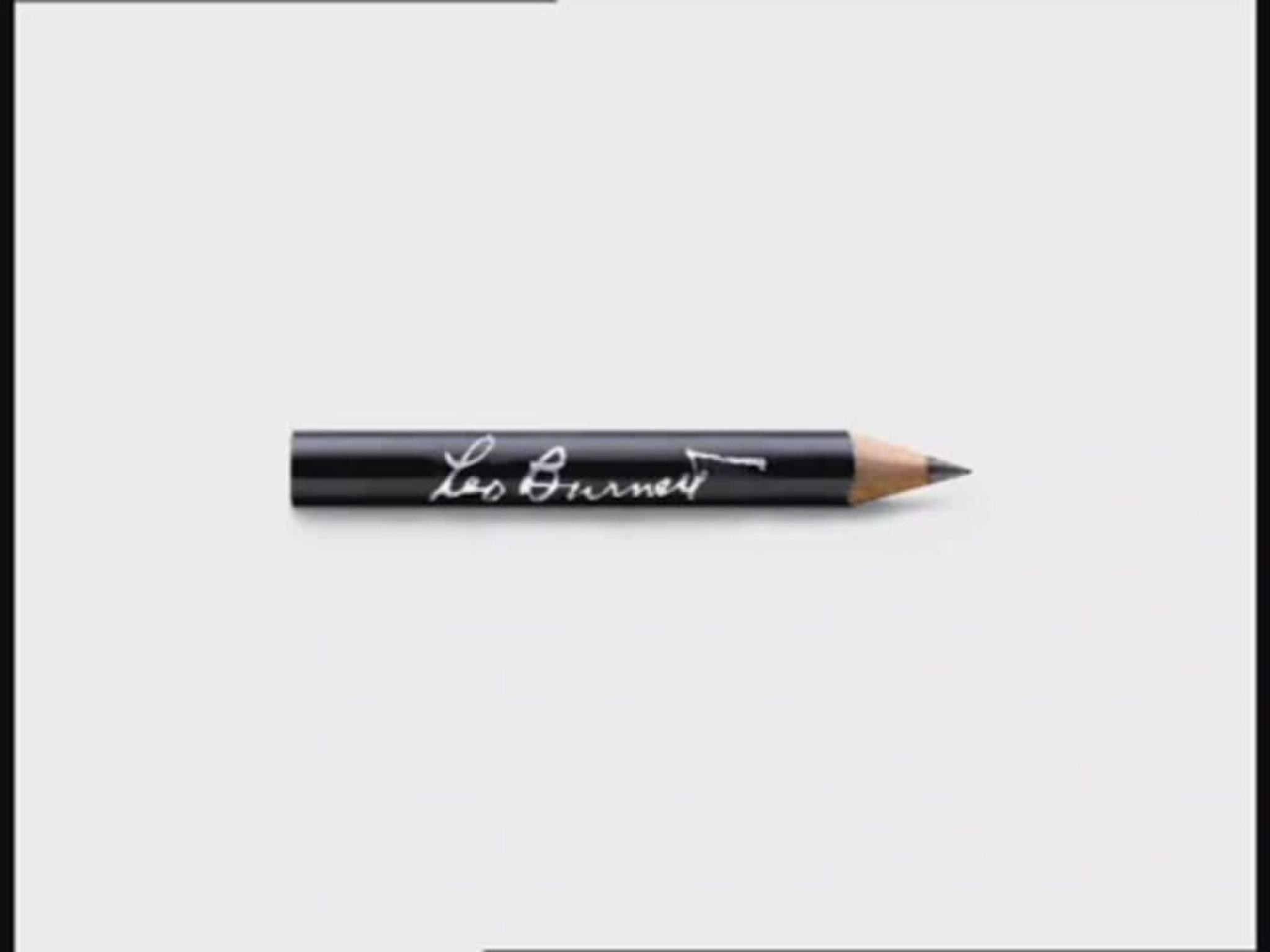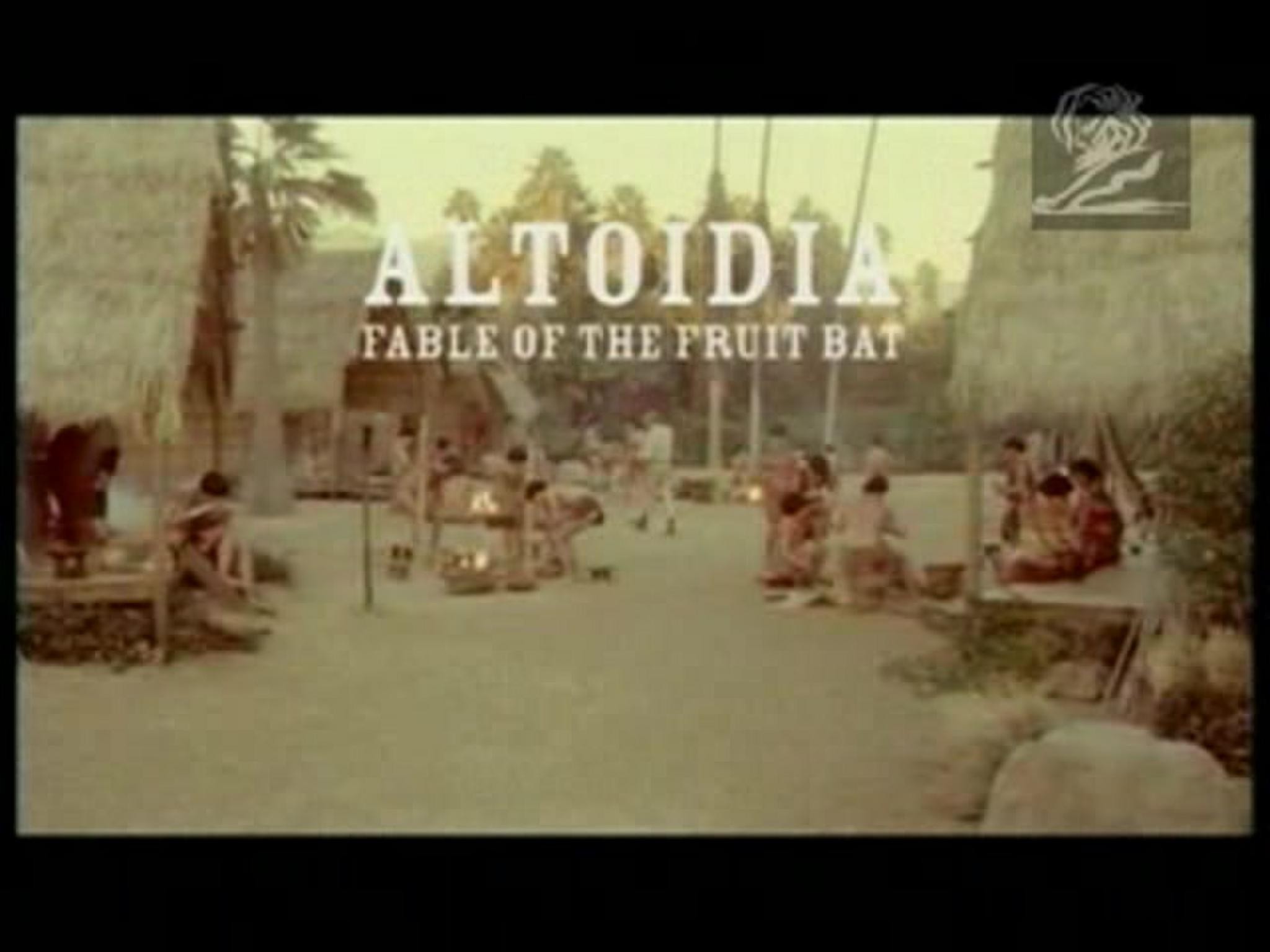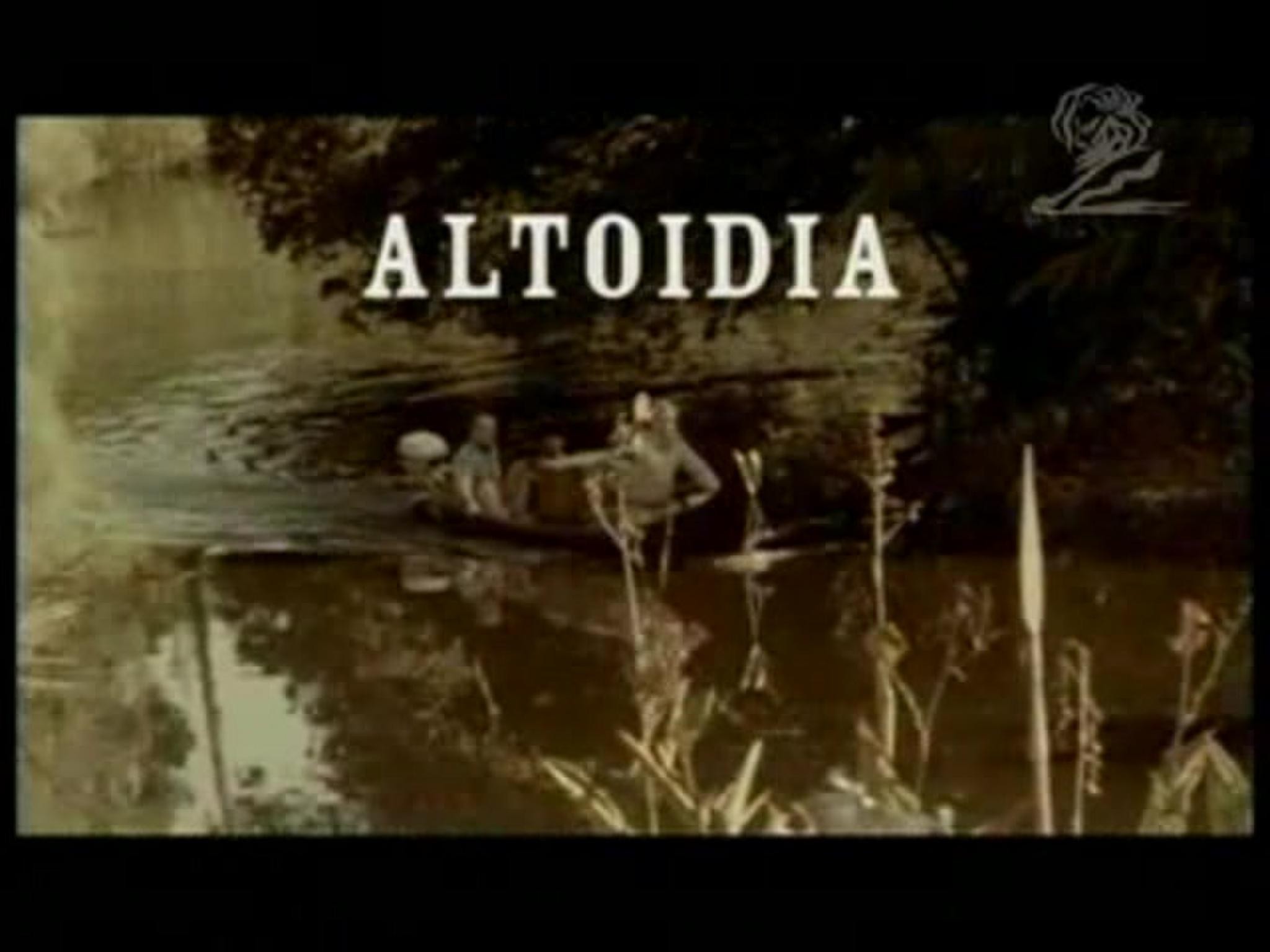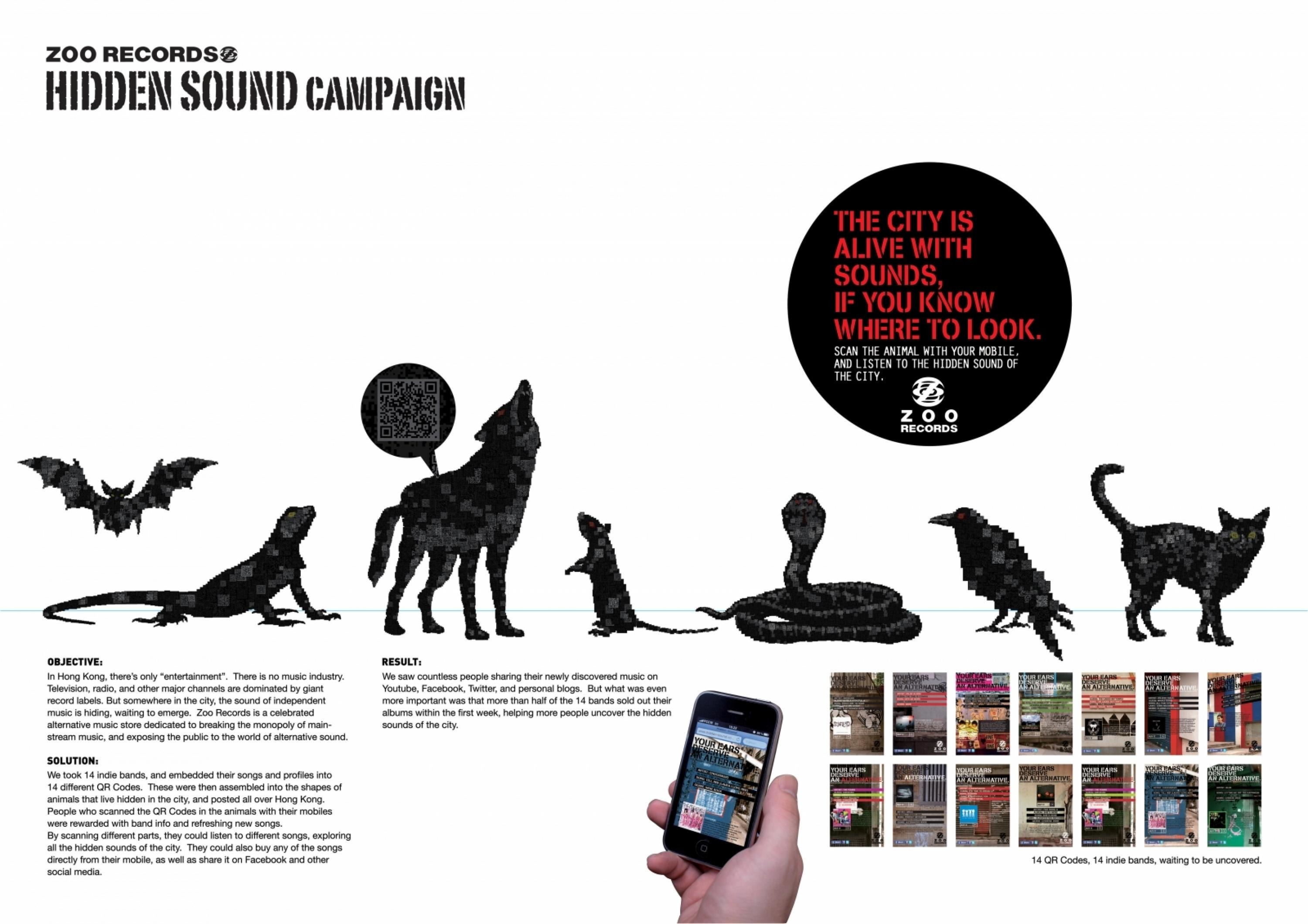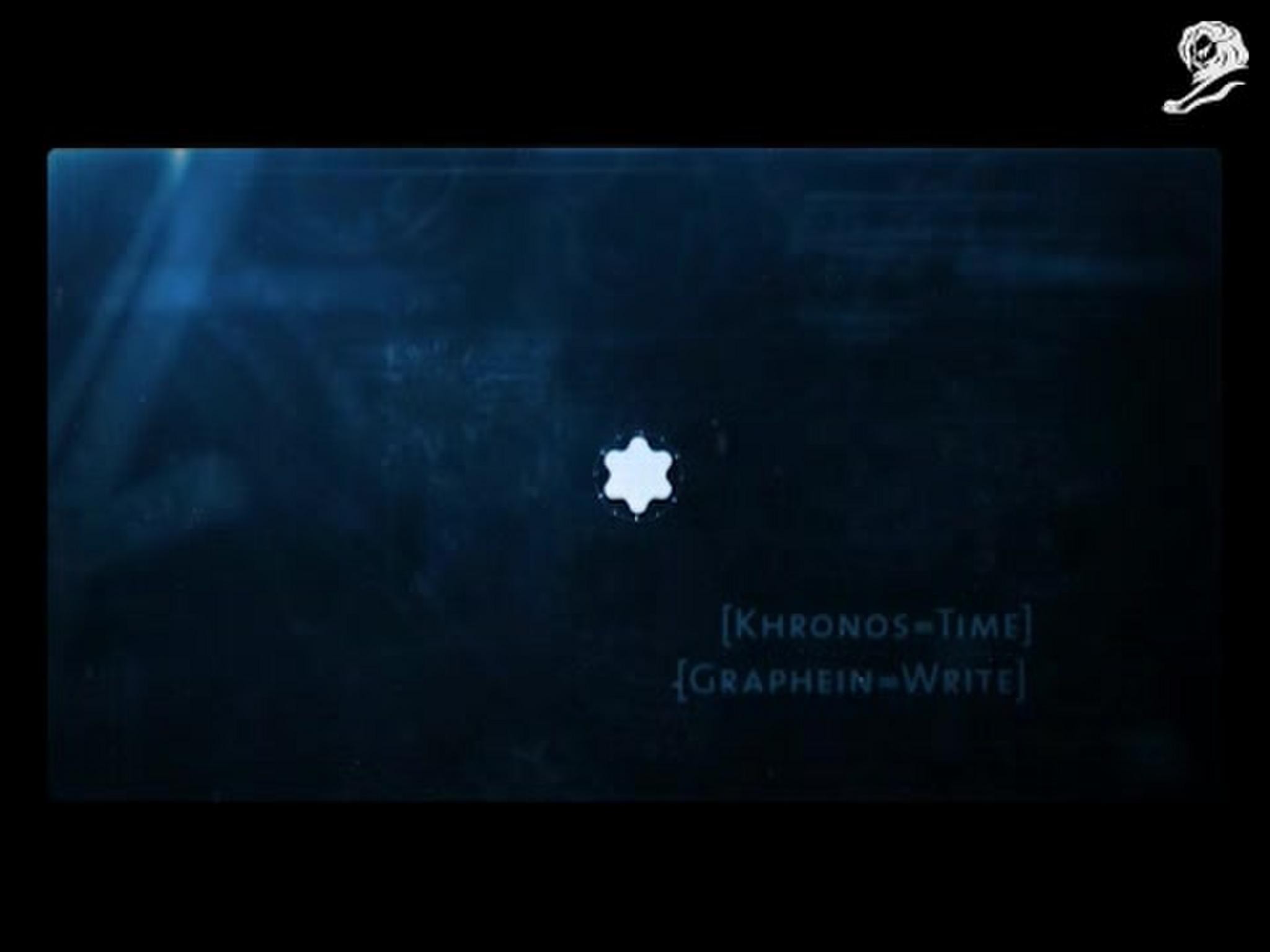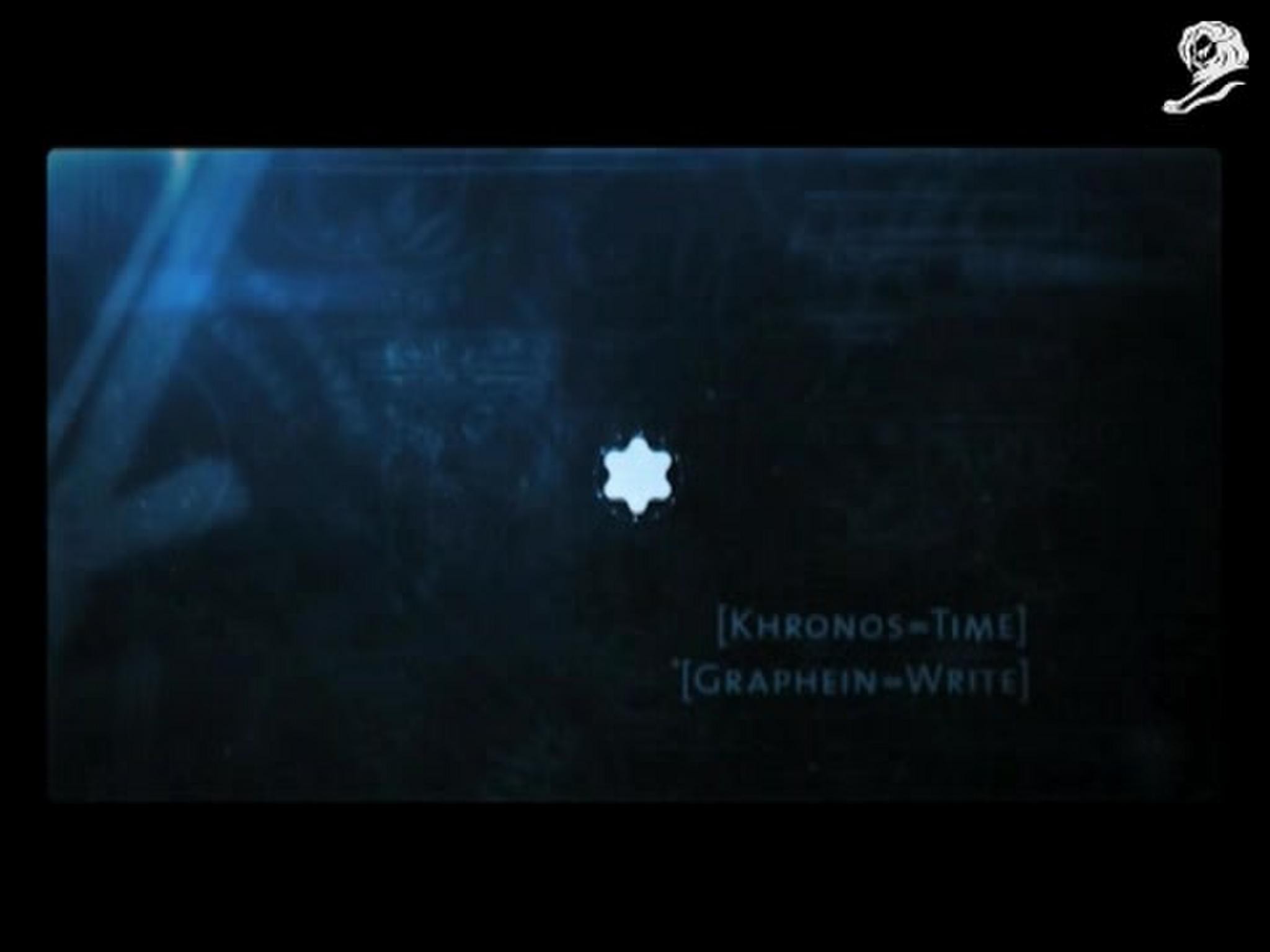Creative Strategy > Creative Strategy: Sectors
THE MISSING CHAPTER
LEO BURNETT, Mumbai / PROCTER & GAMBLE / 2023
Awards:

Overview
Credits
Overview
Why is this work relevant for Creative Strategy?
The taboo surrounding periods in India is an existential threat to the sanpro category. Worse, it blights the lives of billions of girls, and damages the prosperity of India. This is a case of a brave brand, that went beyond advertising and dared to change the education system. With the aim of driving social change along with increasing penetration of sanpro category. Leading to +16% rural penetration along with $4.78bn to India’s GDP.
Background
After 7 decades of India’s independence, only 3% of women in rural and 20% of urban use pads.
As a result, 23 million girls fall out of the education system every year, leading to loss of $110 Billion to India’s GDP.
Unfortunately, menstruation is a profound, deeply entrenched taboo in India.
71% of Indian girls know nothing about periods until they start. They see menstruating as a sign of death, disease, shame.
Which causes deep-seated problems across society and seriously constrains a sanpro business.
Using old curtains, rags, cloth makes it hard to carry-on as normal.
The lifelong health and economic
Interpretation
The solution wasn’t advertising. It was education.
Talking to girls about functional superiority of pads isn’t relevant and won’t build the category given they don’t even understand what periods are; worse, they’d grown-up believing menstruation is shameful.
But Whisper couldn’t educate every schoolgirl, especially when a whole new generation appears every year.
By 2018 we’d reluctantly realised that the only way to effect real change was to attack thousands of years of ignorance and prejudice head-on.
So we developed a two-pronged plan:
i. Hit the taboo where it’s most entrenched: rural India.
ii. Mobilise a pressure movement to get policy makers on-board.
This is the story of the final phase of the resulting campaign.
We’d successfully raised awareness and fermented an appetite for change.
What we hadn’t done was to focus that dissatisfaction on a practical solution, something concrete that would represent, and help to instigate real progress.
Insight / Breakthrough Thinking
Our breakthrough moment was as shocking as it was simple.
We discovered that the tentacles of the taboo reached right into the heart of Government: in 1950’s the Indian National Council of Education had cut the chapter on menstruation from textbooks. Schools in rural India still considered this missing chapter to be too disgraceful to include in a child’s education.
So, we decided to make the Missing Chapter our call-to-action. Take the lead in educating girls about their own physiology.
We realised, period literacy can fuel female literacy.
It perfectly symbolised all that was wrong – ignorance and prejudice winning out over education and knowledge.
It defined the solution – metaphorically it represents the role education plays in changing attitudes, and literally we were calling for the Missing Chapter to be reinstated in school textbooks.
Creative Idea
We weaponized the Missing Chapter, asking for it to be brought back to Indian schoolbooks.
Our idea was to design, disseminate and lobby for the missing chapter.
We executed it as an impossible-to-ignore, confrontationally graphic icon.
It was unapologetically blood-red.
It showed unequivocally female gynaecology.
It clearly explained the menstruation process.
We recruited Metro elites through social-media and a film showing girls having the courage to read the chapter in school and being empowered as a result. These activities were backed-up with a pledge that every pack of Whisper would fund a girl’s period education and pads.
But our biggest challenge was reaching rural Indians. Not only do marcoms channels simply not exist in most of these areas, but languages and cultures change every 20 kms. So, in a world-first, we collaborated with local artists from 25 states, using traditional wall-art to render the chapter in the local art form.
Outcome / Results
Created a movement for social-change:
38.5mn people joined our movement
News channels picked-up our story and read-out missing chapter
First-of-its-kind partnership with UNESCO to teach 18 million girls every year
In a historic decision, key state governments committed to reinstate missing chapter in schoolbooks
Expanded our school program to 61mn girls, covering 767,447 schools
Transformed perceptions of Whisper brand:
Highest scoring brand for ‘the champion of girls’ 17% ahead of closest competition
Despite price inflation , drove business:
Rural penetration grew +16%
Urban penetration grew +4.2% (2x category rate)
Sold 5mn Whisper packs within a month of campaign launch, exceeding target by 150%.
Based on the cost of the campaign versus the uplift in sales we can calculate an ROI of 1:40.
Government data shows an additional 1 million girls in primary and secondary schools in 2022.
Is there any cultural context that would help the jury understand how this work was perceived by people in the country where it ran?
India’s female literacy rate is 22 %-points behind the world average5
Due to lack of period information / infrastructure typically girls are absent for 20% of the school year
88% of menstruating women make-do with old rags, sand, ash, wood shavings, newspapers or hay6
Women using unhygienic materials have 70% more Reproductive Tract Infections6
27% of global cervical cancer deaths occur in India (2x global incidence)6
70% Indian mothers consider menstruation 'dirty'
Menstruating girls are told not eat with family, touch cooking utensils, talk to boys, or bathe. They are advised to stay in isolation at home.
Superstitions abound: A used menstrual cloth is evil, blinds men if they see it; if a dog digs up a menstrual cloth, the woman who used it will become infertile
Adolescent girls staying in school could add $110 Billion to India’s GDP over their lifetime
More Entries from Healthcare in Creative Strategy
24 items
More Entries from LEO BURNETT
24 items



























